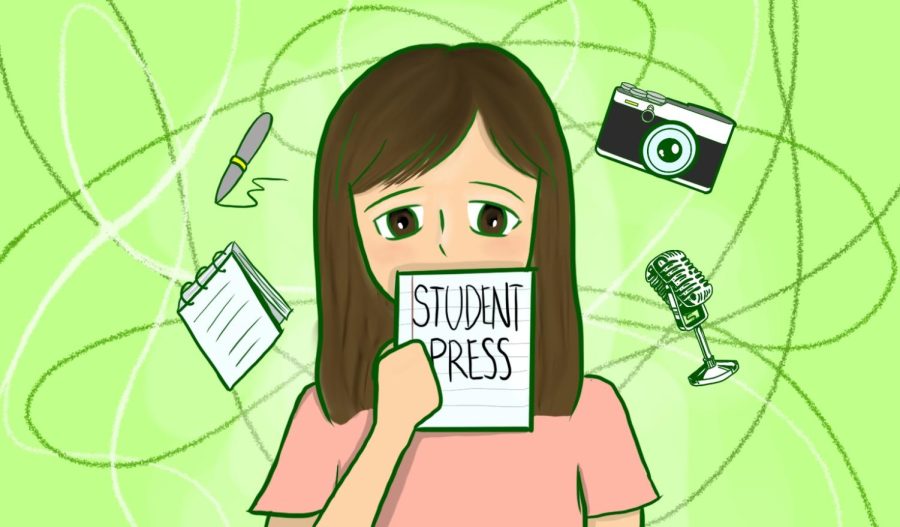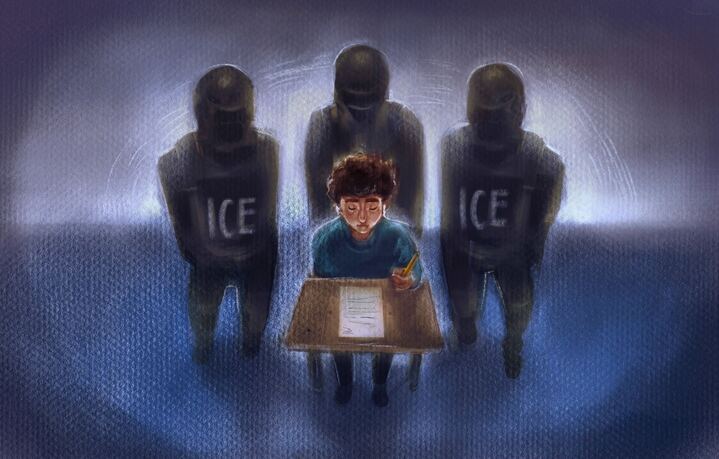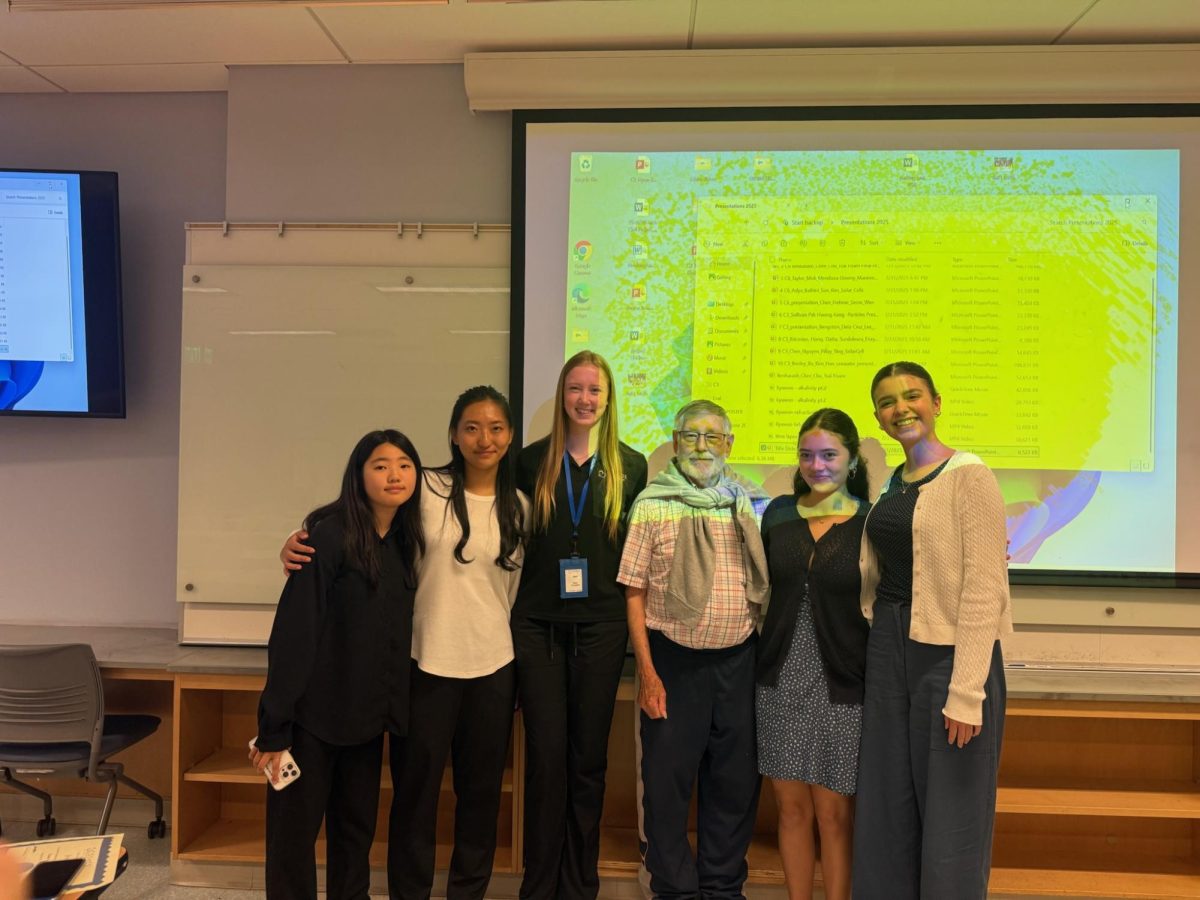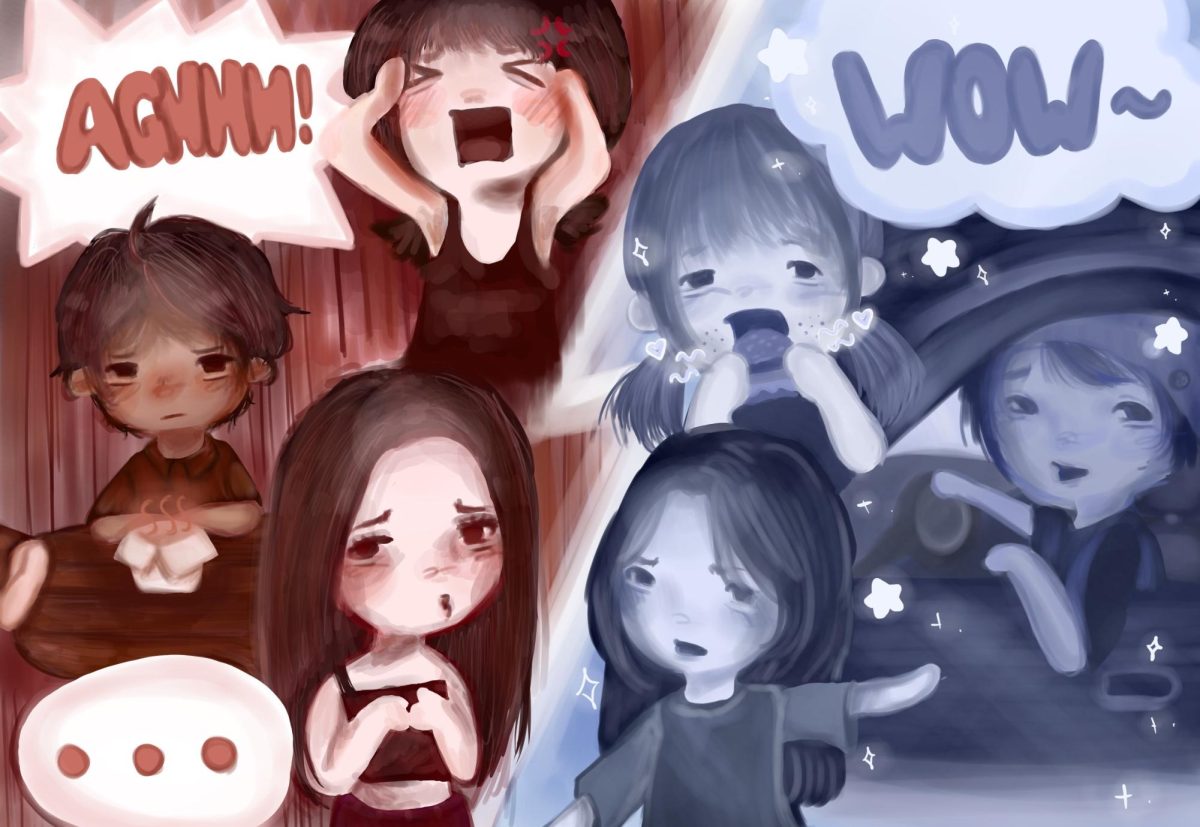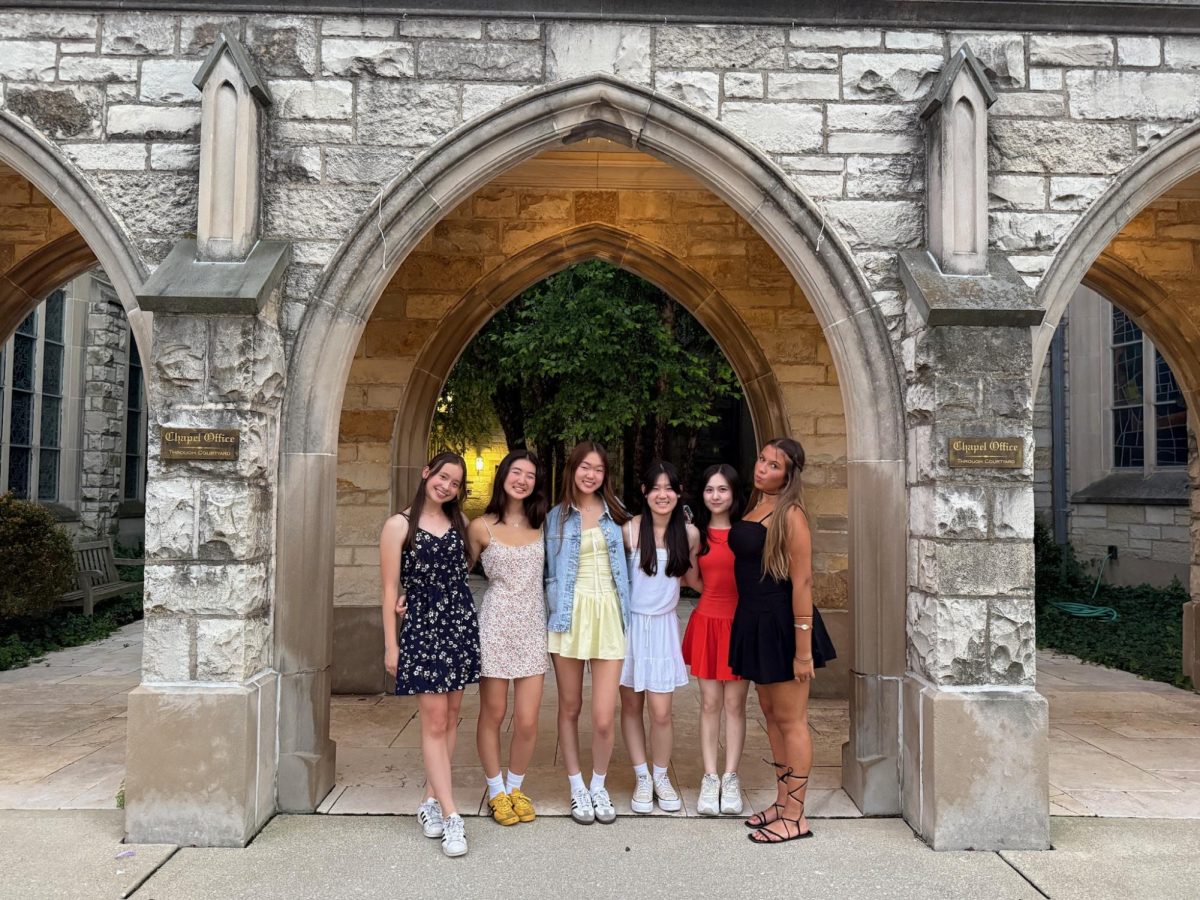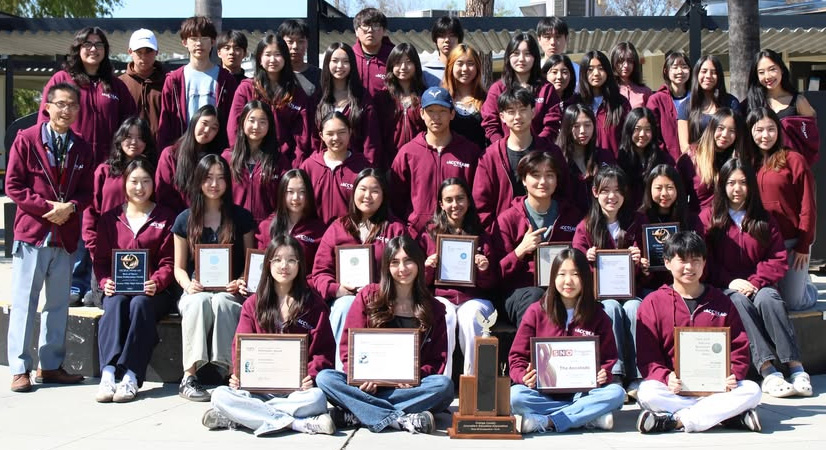Like many other youths nationwide, I took part in the annual celebration of free speech for students.
I attended a Zoom workshop on Feb. 23 hosted by PEN America, an organization aimed at protecting free expression in the United States, and listened to featured guest speaker Mary Beth Tinker, the historic advocate of students’ free speech from the Supreme Court landmark case Tinker v. Des Moines.
As a high school student, Tinker and then-16-year-old Christopher Eckhardt wore black armbands in protest of the Vietnam War but were suspended for not abiding to the school policy prohibiting armbands. Through this case, Supreme Court ruled Feb. 24, 1969 that students “did not lose their First Amendment rights to freedom of speech when they stepped onto school property,” according to oyez.org.
Upon finding the Feb. 22 email from PEN America about the event in my inbox, I registered thinking the Zoom meeting would become my first experience actively participating in Student Press Freedom Day — I was wrong.
In fact, I learned that I had been an active participant since I joined the Journalism 1 [J1] class in my sophomore year.
Signing up to watch the workshop reminded me of my rights as a student reporter and how I exercise them every time I write an article — such as this one — engage in conversations with my peers and use social media to express opinions that matter to me.
Tinker paved the way for student speech freedom, and, as a student journalist, I’d like to also advocate for the same rights. High schools should focus on expanding the existing opportunities for students to exercise free speech, particularly by offering support for the growth of journalism programs.
The first step would be through greater publicizing because all newspapers need a continuous stream of students joining to keep their programs running.
Although The Accolade never faced a possible termination because of a lack of students, in the 2020-2021 school year, my adviser, Tommy Li, risked seeing his beginning journalism class combined with his Advanced Journalism one because of a shortage of incoming J1ers that year. While the pandemic probably played a role in this scarcity of students, previous years’ classes proved that they are usually never very big to begin with.
All students deserve the right to free speech, and one of the most effective mediums of expression lies in writing.
High schools can easily spread the word and put in the extra effort to advocate for their journalism programs by sending a representative to middle schools to speak with prospective students.
Increasing awareness of programs like The Accolade will encourage many more students to test the waters and explore various enrichment programs on campus.
The next step would be for administrators to be more tolerant of the topics that teenagers report on — especially those that present themselves as being “controversial.”
Examples of such concepts include those regarding “COVID policies, sexual misconduct, racism, school finances or teacher misconduct,” according to the Student Press Freedom Day website.
Publishing accurate and unbiased articles on the most pressing issues for students – nationally and locally – is the best way to exercise free speech. Unfortunately, students may engage in self-censorship because of an administrator, adviser, peer or teachers’ displeasure with the written topic.
Adult leaders on a public school campus would not want to see any student digging up bad news about any aspect of their institution; neither would they be thrilled to see eager teen reporters falsely report a fact, which could subsequently prompt a flood of phone calls from concerned citizens threatening legal action.
While these are valid concerns, student reporters make sure to fact-check and interview sources who will provide accurate information; covering stories of true concern gives budding adults the power to hold people and institutions accountable.
Whether it be through photojournalism, writing, arts or videos, capturing the world around us and informing ourselves by seeking out the truth prepares us for the real world.
Investigating serious topics that could lead to disagreement among readers allows us to widen our perspective on current events as we converse with youth and adults. One such example is our coverage of the conflict between Ukraine and Russia, which we decided to cover at the start of our production week in the issue you are holding in your hands right now.
Writing about such issues may seem unnecessary, but in reality, it is an opportunity to educate our peers and offer the teenage perspective.
School officials should ensure that students don’t feel silenced in any way. Like Tinker said during the Zoom meeting, “The youth is the present.”
To fuel the present, proper support to cover such issues through the teenage lens is a necessity for student press freedom.
As an 18-year-old senior, it’s important — but hard — to amplify my voice, which is why I turn to writing articles for The Accolade. I’m rewarded by the fact that I can share stories that relate to my peers.
In turn, I hope readers will, after reading this, take the initiative to exercise free speech. Perhaps even by writing for their school paper.



